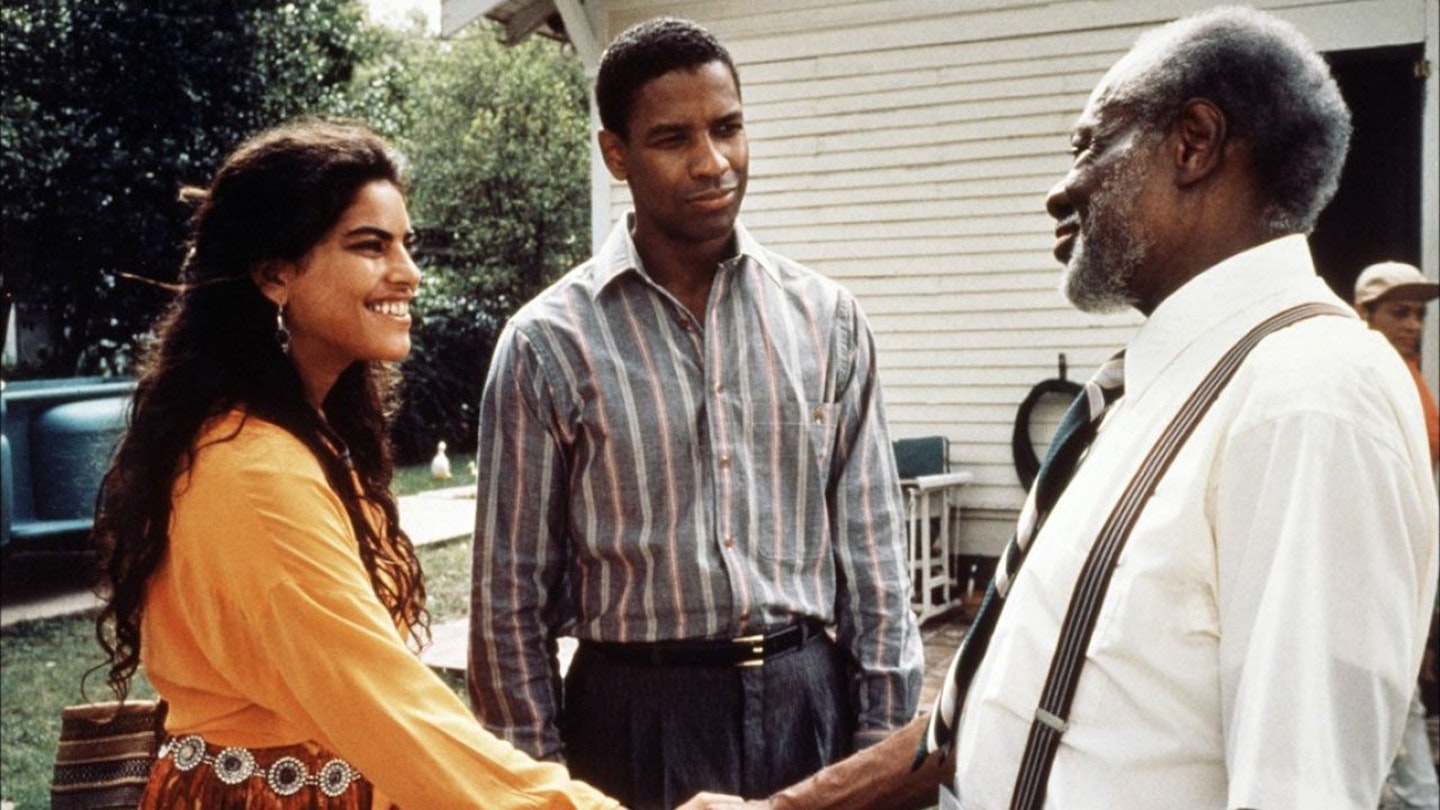After Salaam Bombay's Oscar-nominated journey along India's social margins, director Mira Nair and writer Sooni Taraporevala have found even richer terrain - the muddying of ethnic margins in the backwaters of Greenwood, Mississippi. The "masala" of their title refers to a mixing of different-coloured spices which, on a human scale, is what happens to Greenwood.
The plot is mostly familiar, as a chance encounter brings black carpet-cleaner Washington and Indian motel-worker Choudhury together. When their love is revealed, they lose the respect of their communities and almost of each other; but their romance also forces their families to loosen the ties of tradition.
Nair has no interest in the simple race conflicts this storyline usually causes. Instead, she shows a world in which race is an elusive commodity. She does this by making every part of her film a masala, from its music to its actors, who come from a variety of ethnic traditions. This makes all her points without the need for exposition, as when the English-trained Seth talks to a Ugandan. Though they stand inches apart, the actors' styles strand them in seperate cultures - and yet they hold hands.
Nair's film is full of such moments. She keeps all her characters distinct, from the careful dignity of Washington to the wit of a bit-part white racist. What makes this such a filling and memorable masala is that she stirs in so many misunderstandings with so little malice.
